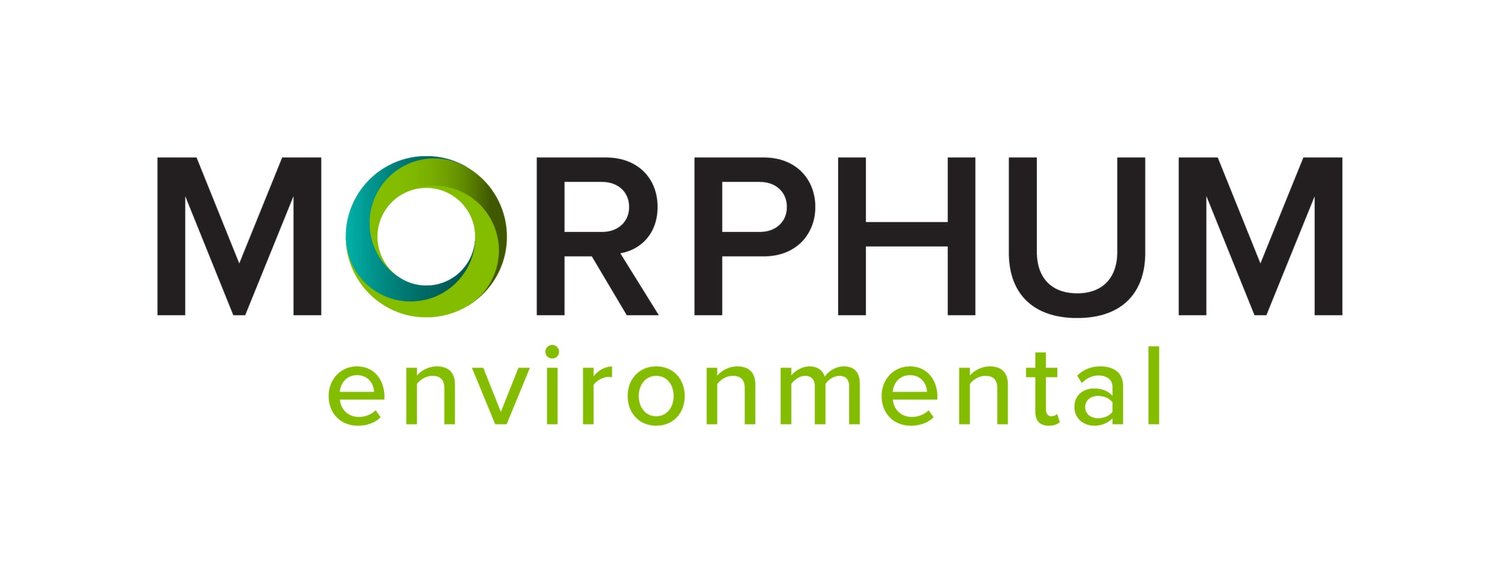Client: Fire & Emergency New Zealand
Very few organisations with national footprints would have such demand for fuel, energy and water use as Fire and Emergency New Zealand (FENZ), which means that they have significant opportunity to reduce resource waste, emissions and energy use across their nearly 700 sites.
An immediate focus for FENZ has been the need to contribute to national goal of carbon neutrality in the public sector by 2025 being driven through the Carbon Neutral Government Programme (CNGP). As a registered supplier on the CGNP specialist panel, Morphum has been supporting government organisations in meeting their commitments
The organisation published “Our Climate Response Strategy 2022—2030” in September 2022[1]. The strategy documents the source of the organisation’s total carbon footprint, of which 2% is attributed to ‘waste to landfill’. This estimate was based on high level assumptions with regards the contribution of solid waste to emissions. While a relatively small contributor, FENZ is looking to better understand their various emissions sources and have a multipronged approach to managing their carbon footprint.
An initial focus is therefore the development of a Waste Reduction Implementation Plan (WRIP) to be rolled out nationally. Morphum Environmental were appointed by FENZ to provide support in the first steps towards developing the WRIP, which included:
A pilot investigation into the availability of waste services information, and development of a prototype web-based portal. The portal enables each station to view where their nearest waste collection and disposal sites are for various waste streams and other related information.
Analysis of a pilot waste audit and the provision of recommendations for the improvement of the audit process and content.
Providing framework guidance for best management approaches and segregation advice as context for specific recommendations in developing a WRIP.
Development of capacity building materials to support the institutionalisation of understanding and empowering FENZ staff towards collective responsibility and action.
The outputs provided greater insight to the nature of waste issues and provided guidance and tools to support improved awareness and management as a basis for developing a WRIP. The project also demonstrated the value of Morphum’s Geospatial capacity for organisations with significant spatial footprint in developing the prototype waste portal. There is scope for the expansion of the tool to support a WRIP through the addition of dashboard reporting at a site or regional scale, and further educational material.
[1] https://www.fireandemergency.nz/assets/Documents/Fire-season-and-permits/FENZ-Climate-Response-Strategy-Sept-2022.pdf


